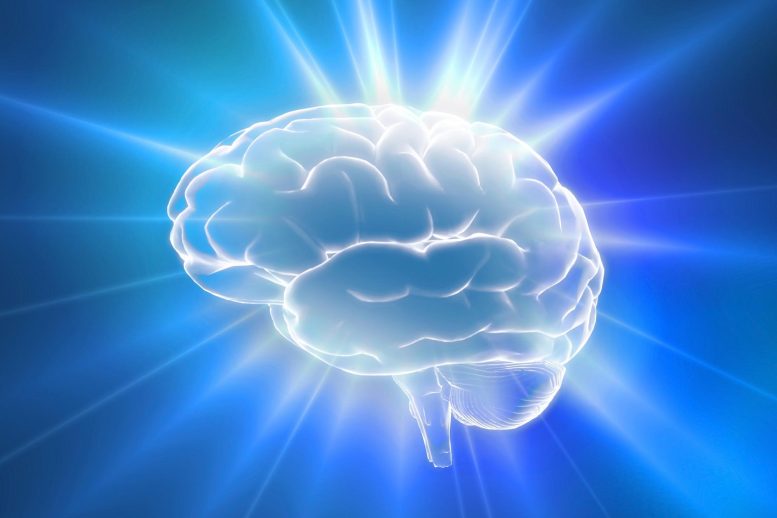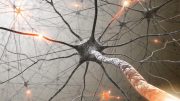
A recent study discovered that long-term musical training can counteract age-related decline in audiovisual speech-in-noise perception by preserving youth-like brain activity and promoting functional compensation. The research highlights how musical training supports successful aging in speech processing and suggests potential avenues for targeted training regimens to protect speech functions in the elderly.
The unprecedented aging of the world’s population is leading to various forms of cognitive decline, which presents a significant challenge for families and society alike. To combat this, it is vital to implement effective strategies that support healthy aging.
One promising method is musical training, which is widely accessible to the majority of people. Not only does musical training provide a fulfilling and aesthetically pleasing experience, but it also offers potential cognitive benefits, particularly for the elderly.
In a study published as a cover story in Science Advances, a research team led by Dr. Du Yi from the Institute of Psychology of the Chinese Academy of Sciences found that long-term musical training could mitigate and even counteract age-related decline of audiovisual speech-in-noise perception in older listeners, through functional preservation of youth-like activity patterns in sensorimotor areas, supplemented by functional compensation in frontoparietal and default mode network (DMN) regions.
Older musicians, older non-musicians, and young non-musicians participated in this neuroimaging study.
The researchers found that older musicians outperformed older non-musicians and even equaled young non-musicians in identifying audiovisual syllables under noisy conditions. By analyzing their brain activity, the researchers revealed two mechanisms that old musicians adopt to counteract aging: functional preservation and functional compensation.
Specifically, older musicians retained neural specificity of speech representations in sensorimotor areas at a level similar to young non-musicians, while older non-musicians showed degraded neural representations. In the same region, older musicians showed higher neural alignment (i.e., higher pattern similarity) in comparison to young non-musicians than older non-musicians did, and this capacity was associated with the older musicians’ training intensity. Importantly, youth-like brain function predicted better audiovisual speech-in-noise perception performance in older adults.
In addition, the researchers found that older musicians, in comparison with older non-musicians, also showed greater activation in frontoparietal regions that support multiple tasks across domains and greater inhibition in task-irrelevant DMN regions that help avoid interference.
The greater DMN deactivation predicted better audiovisual speech-in-noise performance. Furthermore, these two mechanisms are interdependent, as greater frontoparietal activation and greater DMN inhibition contributed to more similar neural patterns in sensorimotor regions in older adults. In other words, functional compensation further supported functional preservation.
“Playing music makes older adults better listeners by preserving youthful neural patterns as well as recruiting additional compensatory brain regions. Our study provides empirical evidence to support that playing music keeps your brain sharp, young, and focused,” said Dr. Du, the corresponding author of this study.
This study provides insights into adaptive brain reorganization in aging populations and how lifelong musical training leads to “successful aging” in speech processing by preserving youthful brain characteristics and enhancing compensatory brain scaffolding. The functional preservation of sensorimotor regions along with compensatory DMN deactivation also suggest avenues for more targeted training regimens to protect speech functions in the elderly.
References: “Successful aging of musicians: Preservation of sensorimotor regions aids audiovisual speech-in-noise perception” by Lei Zhang, Xiuyi Wang, Claude Alain and Yi Du, 26 April 2023, Science Advances.
DOI: 10.1126/sciadv.adg7056









Might music LISTENING also apply, especially for classical and complex jazz music?
Unfortunately for people who are hearing challenged this is not useful. Deafness contributes to social isolation and less pleasure from entertainment.
Well, duh. Look at Ozzy Osbourne